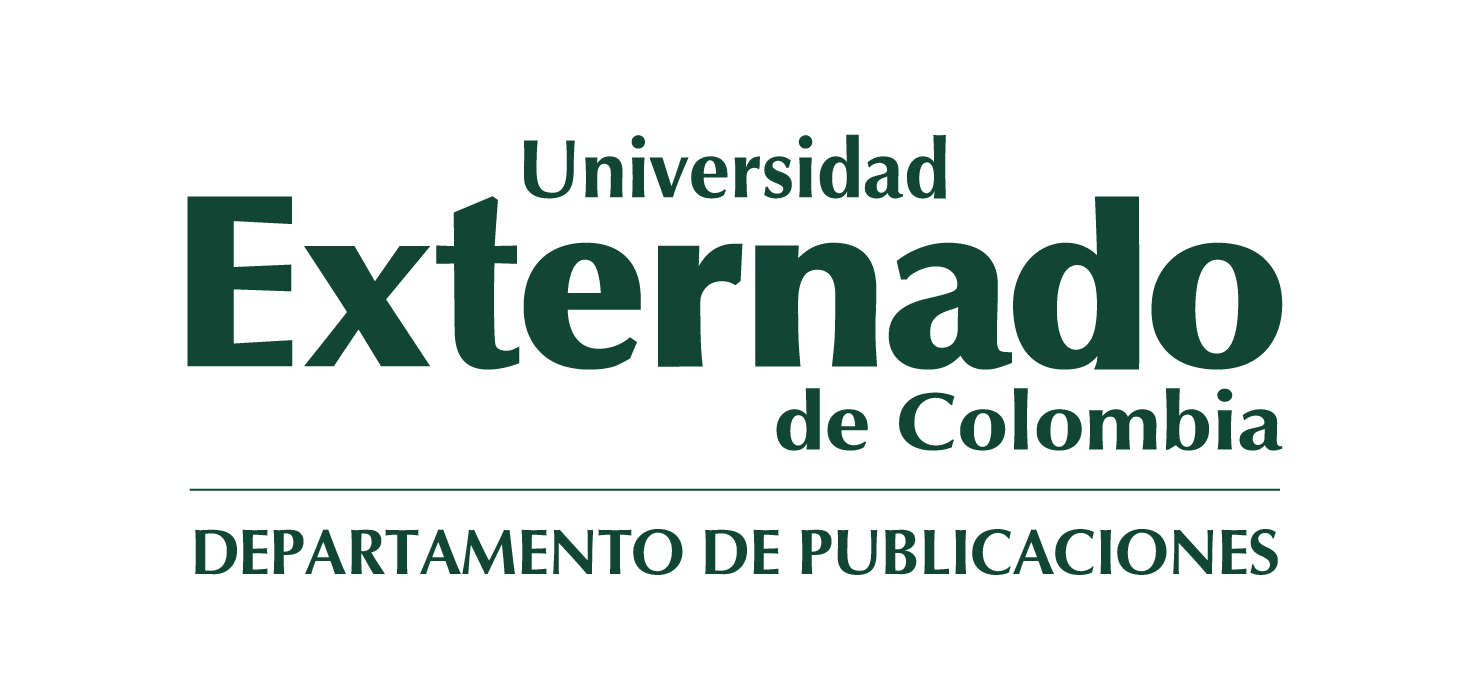Cuevas' work is very extensive. This book barely touches on some of the aspects he studied. One of his passions was the solution to the problem of transforming values into prices (Cuevas, I984a, 1986a). He was also concerned with understanding issues such as the relevance of the Sraffian standard commodity (Cuevas, 1984b, 1985),1 the price system, income and the functioning of markets (Cuevas, 1980, 1986a, 1986c, 1995, I999, 2000a , 2001a, 2003a, 2007a), the substitution of techniques (Cuevas, 1994, 2000a), collective choice (Cuevas, 1998), the family (Cuevas, 2000b), economic policy, growth and employment (Cuevas, 1971 , 2003b), coffee production (Cuevas, 1990), the implications of the autonomy of the central bank (Cuevas, 2001d), human capital (Cuevas, 1996), the industry (Cuevas, 1986b), entrepreneurs (Cuevas, 2006, 2007b), the relationship between law and economics (Cuevas, 2002a), the teaching of economics (Cuevas, 1993, 2001b, 2002b) and international trade (Cuevas, 2001f, 2011, 2015).
This diversity of topics is the best expression of Cuevas' comprehensive view of economic theory. In the discussion on the transformation of values into prices he immodestly described his solution as the "correct transformation." and he boasted because he had successfully taken on the challenge posed by Engels more than a century ago, after Marx's death and before the final edition of the third volume of Capital. In those days, Engels invited economists to anticipate the solution to the problem of transformation that would be found in the third volume2. The interpretations continue to be diverse, and the debate that does not lose relevance has moments of greater intensity. The underlying theoretical concern is fundamental. It is about understanding the function of money as a measure of value, a concern that was already explicit in the characterization of currency proposed by Aristotle. Money has three functions: measure of value, medium of exchange and instrument for hoarding.
CAPÍTULO PRIMERO LA DUALIDAD DE ENFOQUES EN LA ECONOMÍA DE MARX. LO QUE NO PUDE EXPONERLE AL PROFESOR CUEVAS José Félix Cataño
CAPÍTULO SEGUNDO LA ENSEÑANZA DE LA ECONOMÍA: POLÍTICA, IDEOLOGÍA Y MERCADO Federico Corredor y Miguel Ángel Castillo-Reina
CAPÍTULO TERCERO ADAM SMITH y LA METÁFORA DE LA GRAVITACIÓN Germán Raúl Chaparro
CAPÍTULO CUARTO EL EFECTO DEL CAMBIO TÉCNICO EN LA DISTRIBUCIÓN DEL INGRESO FACTORIAL EN COLOMBIA 1969-2010 Nicolás A. Rojas Pardo
CAPÍTULO QUINTO DETERMINANTES DE LA ASISTENCIA AL SISTEMA EDUCATIVO NO OBLIGATORIO Y LA PARTICIPACIÓN LABORAL EN COLOMBIA 2013 Y 2015 Anderson Tami
CAPÍTULO SEXTO CAMBIOS EN LA ESTRUCTURA DE FAMILIAS Y HOGARES EN COLOMBIA Luis Eduardo Sandoval, Laura Carolina Riaño y Rafael Andrés Barrera
CAPÍTULO SÉPTIMO DESEMPLEO Y POLÍTICA ECONÓMICA EN COLOMBIA Homero Cuevas
eBook
Impreso
BUS069000 NEGOCIOS ECONÓMICOS > Ciencias económicas > General
BUS069000 Teoría y filosofía económicas
BUS069000 Sociología y Antropología > Ciencias económicas > Ciencias económicas
-

-
Jorge Iván González
-
Jorge Iván González Borrero, es un filósofo y economista colombiano. Se ha desempeñado como docente universitario, ha escrito varios estudios e investigaciones económicas, ha sido consultor de organismos nacionales e internacionales como la ONU. Escribe una columna de opinión en el diario La República.
-
-

-
Mauricio Pérez Salazar
-
Estudios:Economista de la Universidad de Princeton (Estados Unidos).Experiencia profesional:Se desempeñó como jefe de la Unidad de Estudios Industriales del Departamento Nacional de Planeación; También fue Asesor del Ministro de Trabajo y Seguridad Social; Trabajó como Supervisor de los estudios técnicos para el capítulo sectorial del Plan de Desarrollo y formular las recomendaciones de política correspondientes en la Corporación Nacional de Industriales del Calzado; Asimismo fue Asesor económico del director de ICOMEX y Secretario del Concejo Directivo de Comercio Exterior en Icomex; cuenta con más de 10 años de experiencia en la docencia dentro de la Universidad Externado de Colombia y fue Decano de la Facultad de Economía de la misma institución.Actualmente es profesor de las facultades de Economía, Finanzas, Gobierno y Relaciones Internacionales y Derecho de la Universidad Externado de Colombia.
-
eBook
Digital: descarga y online - EPUB
Catálogo Universidad Externado:
Impreso
Catálogo Universidad Externado:



